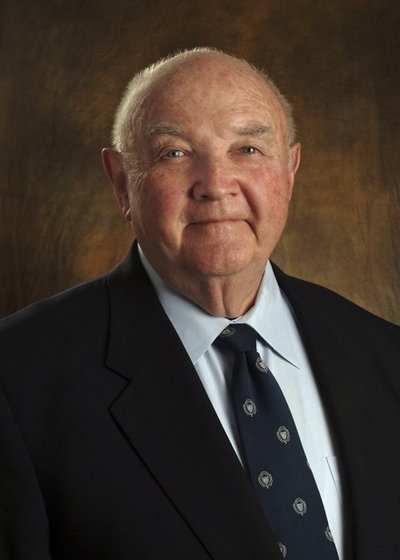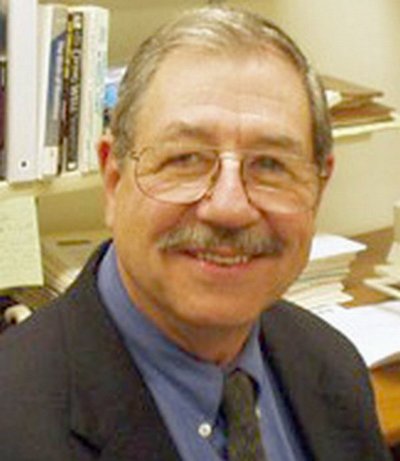July 19, 2007
20th Summer Seminar in Health Care Ethics, Aug. 6-10
When there are conflicting opinions in patient care, who decides what’s in the best interest of the patient?
Health care professionals from the United States and abroad will grapple with this question and others at the UW’s 20th Annual Summer Seminar in Health Care Ethics, Aug. 6-10, in T-639, Health Sciences Center.
The Summer Seminar in Health Care Ethics provides an interactive introduction to the “the four-box method” of analysis of ethical problems, developed by Dr. Albert Jonsen and colleagues, Drs. Mark Siegler, and William Winslade. Jonsen, emeritus professor and former chair of the Department of Medical History & Ethics, is a pioneer in medical ethics. The four-box method is now the gold standard in ethical decision-making in health-care settings.
In his book Clinical Ethics, Jonsen poses four major areas that must be addressed in ethical issues arising in a clinical setting. “It proposes a very clear paradigm for the analysis of ethical issues —- four topics that are essential in every medical ethics case,” said Thomas McCormick, senior lecturer emeritus of medical history and ethics and co-chair of the seminar.
1) What are the medical indications pertinent to the patient’s condition and treatment? The health care providers consider the patient’s medical history, diagnosis and prognosis to determine treatment options.
2) What are the patient preferences? Since competent patients have the right to consent to or refuse care, even at the risk of their own death, health care providers need a clear understanding of the patient’s wishes.
3) What are the quality of life issues? The patient and providers weigh in on how the illness will impact quality of life, reviewing the prospects with and without medical intervention.
4) How do contextual features impact clinical decision-making? Issues of culture, religion, family preferences, financial and medical resources, and social norms and values influence clinical ethical decision-making.
“In every situation, all four boxes are relevant,” McCormick said. “Over the past 20 years, we’ve used this framework, although the nature of the problems has shifted as medical technology and treatments have advanced.”
In addition to the four-box method of ethical analysis, seminar participants are immersed in the principles that guide health care providers —- respecting the patient’s autonomy; ensuring treatments benefit the patient; preventing harm; treating people fairly, and putting the best interest of the patient first.
The seminar offers skills and information that enable participants to make competent ethical decisions and to assist others in doing so.
Seminar participants and presenters come from a variety of disciplines and clinical care settings, making it possible to share different, but complementary views.
“In the beginning, we had a larger proportion of physicians,” McCormick said. “Now we have participants from all of the allied health sciences —- nurses, chaplains, social workers, attorneys, teachers and other professionals involved in the care of patients or the education of providers, from all over the country. Our international guests have been from Japan, Taiwan, Canada, and Australia.”
When Jonsen arrived at the UW as the chair of the Department of Biomedical History in 1987, he established the first summer institute. Jonsen continues his participation in the seminar and is this year’s featured faculty member.
Denise Dudzinski, assistant professor of medical history and ethics and co-chair of the seminar, said having the esteemed Jonsen teach at the seminar will be a treat for faculty and participants.
“This interdisciplinary conference gives health care professionals the skills to grapple with ethical dilemmas that arise in their practices and to prepare them to provide ethics consultation, a service provided at most health care institutions to assist with complex ethical dilemmas,” said Dudzinski.
“Al Jonsen is the godfather of this course and his participation in the 20th annual seminar is something both faculty and participants look forward to.”
For more information, visit www.uwcme.org.


